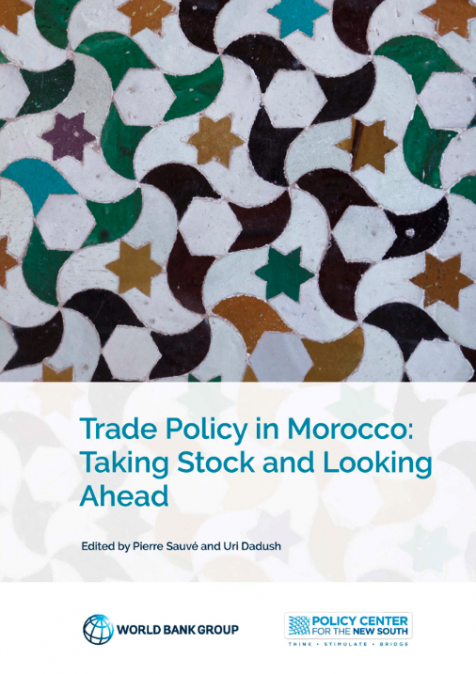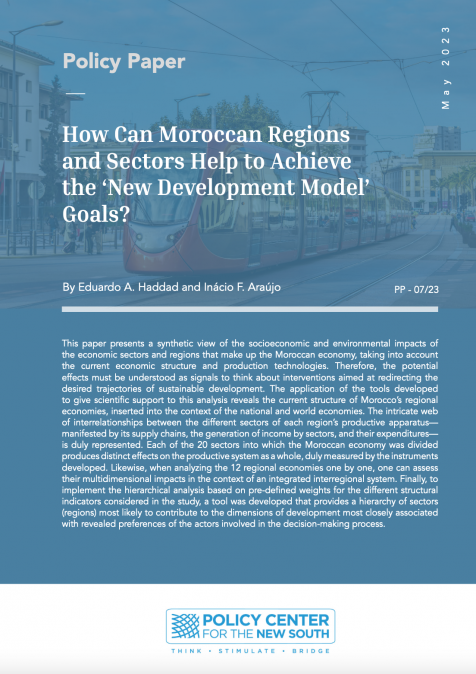Publications /
Paper in Academic Journals
This Paper was originally published on sciencedirect.com
The closing of Samir's Mohammedia refinery in August 2015 due to financial constraints has dramatically affected the fuel oil market in Morocco. In this paper, we assess the economic and environmental impacts of the disruption of Morocco's only refinery activities. We can isolate the oil refinery sector associated with Samir in a fully specified interregional input-output database, considering 20 industries in 12 Moroccan regions. We base our empirical strategy on the “hypothetical extraction” method, which serves as the methodological anchor to isolate the systemic measures of value-added and CO2 emissions related to the refinery activities in a typical year of operation. The overall impact of the shutdown is 4.4% of the country's output, with more substantial regional effects faced by Grand Casablanca-Settat, followed by its neighboring regions.









